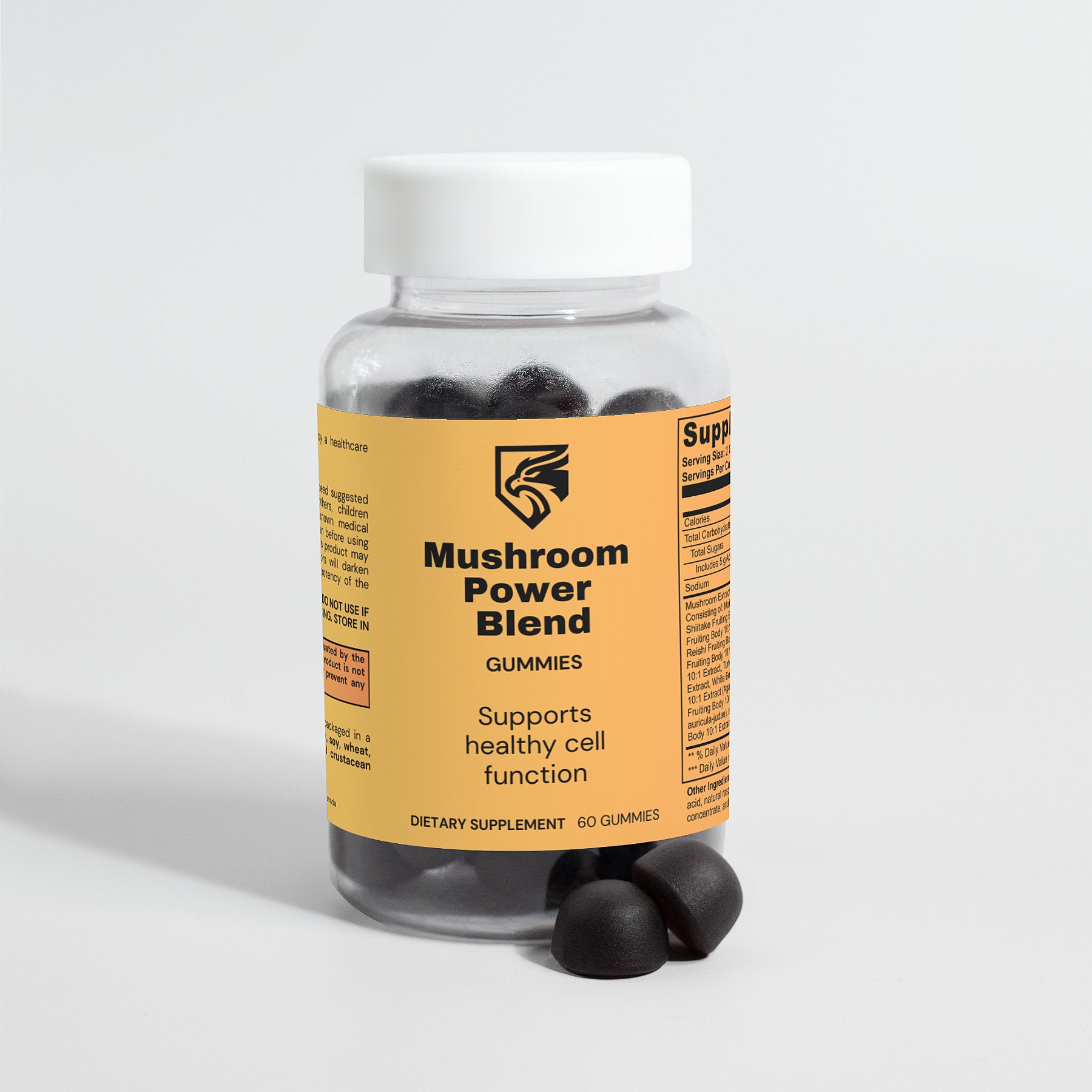Introduction:
Raising children is a rewarding yet challenging journey, and for parents with high testosterone levels, navigating this terrain can present unique considerations. Testosterone, often associated with traits like assertiveness, competitiveness, and risk-taking, can influence parenting styles and interactions with children. In this comprehensive guide, we explore the effects of high testosterone on parenting dynamics, strategies for effectively raising children, and ways to harness the positive aspects of testosterone while mitigating potential challenges.
Understanding High Testosterone Levels:
Testosterone is a hormone primarily found in males, although females also produce it in smaller amounts. It plays a crucial role in physical development, sexual function, and behavior. Individuals with high testosterone levels may exhibit traits such as increased aggression, dominance, and assertiveness.
Parenting with High Testosterone:
Parenting with high testosterone levels can manifest in various ways. Some parents may naturally gravitate towards assertive and authoritative parenting styles, emphasizing discipline, structure, and leadership within the family unit. While these qualities can be beneficial in certain situations, they may also lead to challenges such as conflict with more passive or sensitive children.
Additionally, high testosterone parents may be prone to risk-taking behaviors, which could influence their approach to parenting decisions. Balancing a sense of adventure with the safety and well-being of children is essential in such cases.
Challenges and Strategies:
-
Communication: High testosterone parents may struggle with communicating emotions and empathy effectively. It's crucial to recognize the importance of emotional connection with children and work on developing communication skills to express love, support, and understanding.
-
Temperament: Children with high-energy or defiant temperaments may clash with parents who also exhibit strong personalities. Implementing consistent discipline strategies, setting clear boundaries, and offering positive reinforcement can help manage challenging behaviors while fostering a respectful parent-child relationship.
-
Flexibility: High testosterone parents may have a natural inclination towards rigidity and control. However, flexibility is key in adapting to the ever-changing needs of children. Learning to compromise, delegate tasks, and embrace spontaneity can enhance family dynamics and promote harmony.
Harnessing Positive Traits:
While high testosterone levels may pose challenges in parenting, they also bring valuable attributes to the table. Assertiveness, confidence, and decisiveness can empower parents to set goals, advocate for their children, and navigate complex situations effectively.
Encouraging Independence: High testosterone parents can cultivate independence in their children by providing opportunities for autonomy, decision-making, and problem-solving. Encouraging exploration, supporting interests, and celebrating achievements can instill a sense of confidence and self-reliance.
Leading by Example: Children often emulate the behaviors and attitudes modeled by their parents. High testosterone parents can positively influence their children by demonstrating resilience, perseverance, and integrity in their own actions. By embodying values such as accountability and respect, parents can inspire similar traits in their children.
Seeking Support:
Parenting is a journey best undertaken with support from others. High testosterone parents can benefit from connecting with fellow parents, seeking guidance from professionals, and participating in support groups or counseling. Open communication, active listening, and a willingness to learn and grow are essential in fostering healthy relationships and addressing parenting challenges effectively.
Conclusion:
Raising children as a high testosterone parent presents both opportunities and challenges. By understanding the influence of testosterone on parenting dynamics, recognizing strengths and areas for growth, and implementing effective strategies, parents can nurture strong, loving relationships with their children while fostering their development into confident, independent individuals. Through communication, flexibility, and a commitment to leading by example, high testosterone parents can navigate the complexities of parenting with grace and resilience, creating a supportive and nurturing environment where children can thrive.







Leave a comment
This site is protected by hCaptcha and the hCaptcha Privacy Policy and Terms of Service apply.